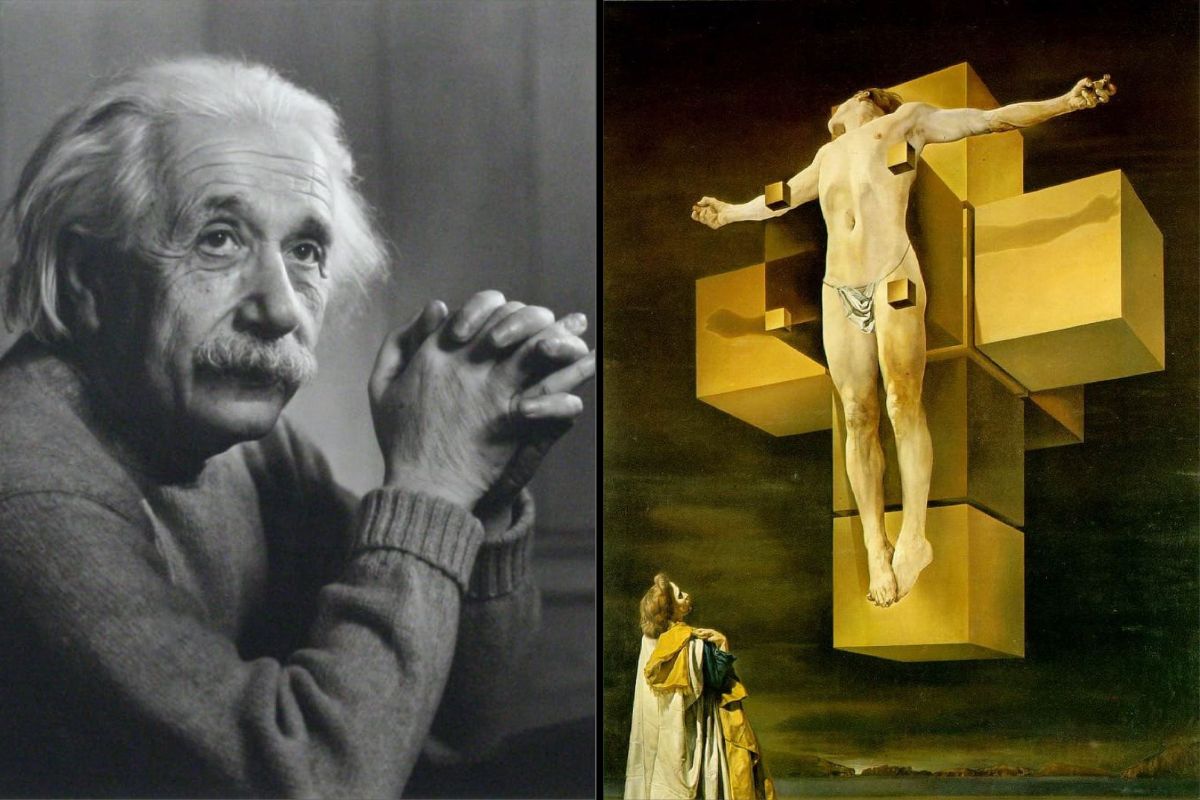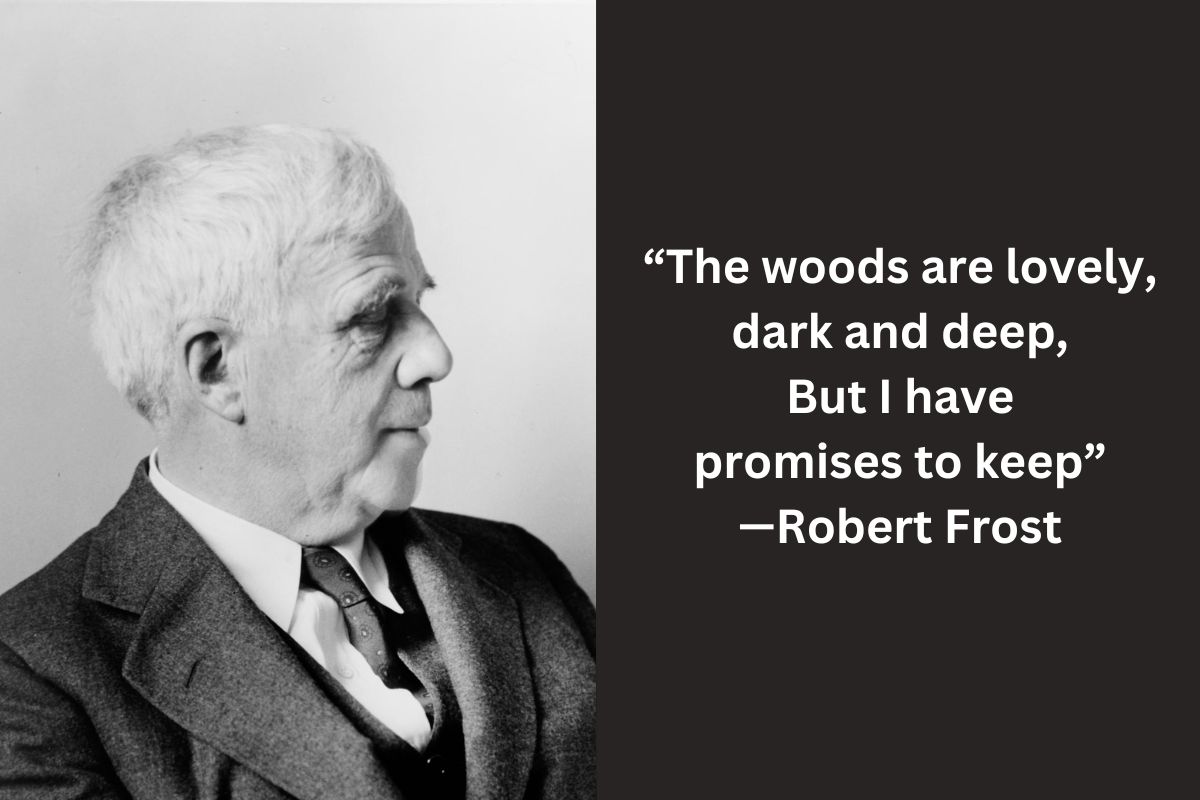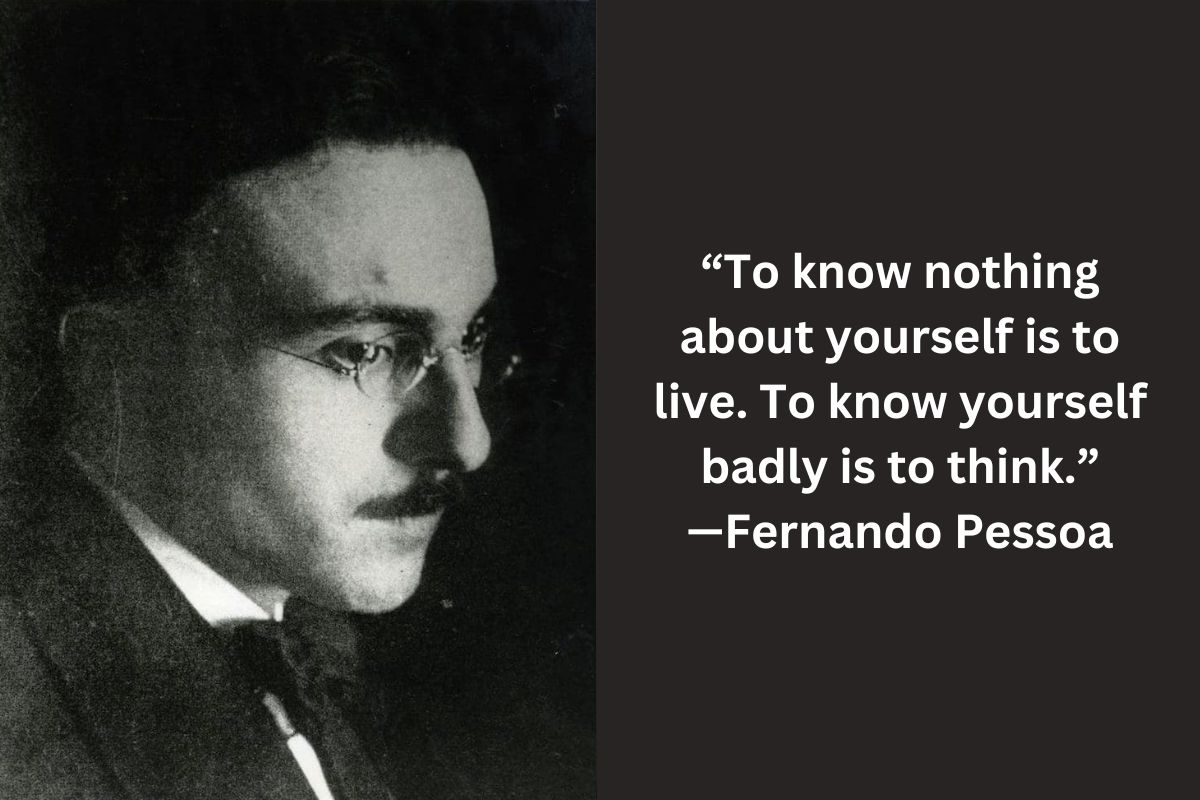 No parent can bear the thought of losing their child. Yet circumstances outside our control do not discriminate — the lives that had only begun to blossom are taken away and hurled into the darkness of oblivion. When that happens, where does one seek consolation, some edge to hold on to, some light to orient by?
No parent can bear the thought of losing their child. Yet circumstances outside our control do not discriminate — the lives that had only begun to blossom are taken away and hurled into the darkness of oblivion. When that happens, where does one seek consolation, some edge to hold on to, some light to orient by?
In February of 1950, Albert Einstein (March 14, 1879–April 18, 1955) became that light in a remarkable letter to a grief-stricken father who had just lost his son. Their heart-rending correspondence is included in Einstein and the Rabbi: Searching for the Soul — the result of Naomi Levy’s three-year inquiry into the mystery of the scientist’s sagely advice and into the mystery of the human spirit.

The grieving father writes:
Dear Dr. Einstein,
Last summer my eleven-year-old son died of Polio. He was an unusual child, a lad of great promise who verily thirsted after knowledge so that he could prepare himself for a useful life in the community. His death has shattered the very structure of my existence, my very life has become an almost meaningless void — for all my dreams and aspirations were somehow associated with his future and his strivings. I have tried during the past months to find comfort for my anguished spirit, a measure of solace to help me bear the agony of losing one dearer than life itself — an innocent, dutiful and gifted child who was the victim of such a cruel fate. I have sought comfort in the belief that man has a spirit which attains immortality — that somehow, somewhere my son lives on in a higher world.
With poignant and cathartic despair, the grief-stricken father goes on to contemplate the primacy of spirit over matter, for otherwise the world is nothing more than a “moral chaos,” then adds:
I write you all this because I have just read your volume ‘The World As I See It.’ On page 5 you stated: ‘Any individual who should survive his physical death is beyond my comprehension … such notions are for the fears or absurd egoism of feeble souls.’ And I inquire in a spirit of desperation, is there in your view no comfort, no consolation for what has happened? Am I to believe that my beautiful darling child — a blooming bud that turned its face to the sun and was cut down by an unrelenting storm — has been forever wedded into dust, that there was nothing within him which has defied the grave and transcended the power of death? Is there nothing to assuage the pain of an unquenchable longing, an intense craving, an unceasing love for my darling son?
May I have a word from you? I need help badly.Sincerely Yours,
Robert S. Marcus
Einstein, himself a father of two boys, takes time to respond to the anguished father with the following letter:
Dear Dr. Marcus,
A human being is part of the whole, called by us ‘Universe,’ a part limited in time and space. He experiences himself, his thoughts and feelings as something separate from the rest, a kind of optical delusion of his consciousness. The striving to free oneself from this delusion is the one issue of true religion. Not to nourish the delusion but to try to overcome it is the way to reach the attainable measure of peace of mind.
With my best wishes,
Sincerely
Albert Einstein
When Naomi Levy came across this touching letter it shook her to her core. She was drawn to it because it was bringing her comfort in the face of her father’s senseless murder many years prior. She saw Einstein’s words in the scheme of her life and the greater whole she would come to know in the intervening years. She believed that someday all people across the globe would come together, not by denying their unique faiths, rituals, or traditions, but by raising their hands and voices in unity. She insisted that we must free ourselves from the cognitive walls that make us think we are strangers to one another. She prayed each day that we would learn to care, expand our circles of compassion, and shatter the delusion of our separateness.
With this belief, she reveals Robert Marcus’ letter which comes full circle and shows us his intimate thoughts on the immortality of the soul:
Today was Thanksgiving, my son, our first Thanksgiving without you and three months since you left us. … Today we missed you, more than ever, my precious child — all of us, even Tammy. Sitting in the restaurant we felt your presence near and when we went to the movies to see ‘Ichabod and Mr. Toad’ you were on the seat beside me.
[…]
I have sustained myself with the hope and consoled myself with the belief that somehow, somewhere we shall meet again. My unceasing love for you is immortal, my son; it is a stream direct from the fount of God and can never dry up; it must be satisfied in eternity; in that higher life to which death opens the door. I believe all this, my precious Jay.
We shall once again be united in eternity, my darling. May God redeem my soul from the grasp of the grave as I know he has received you, my precious child, into the house of everlasting life and has breathed into you the breath of life eternal.
Einstein and the Rabbi is a wonderful read in its entirety. Complement with David Kessler on finding meaning after loss.







